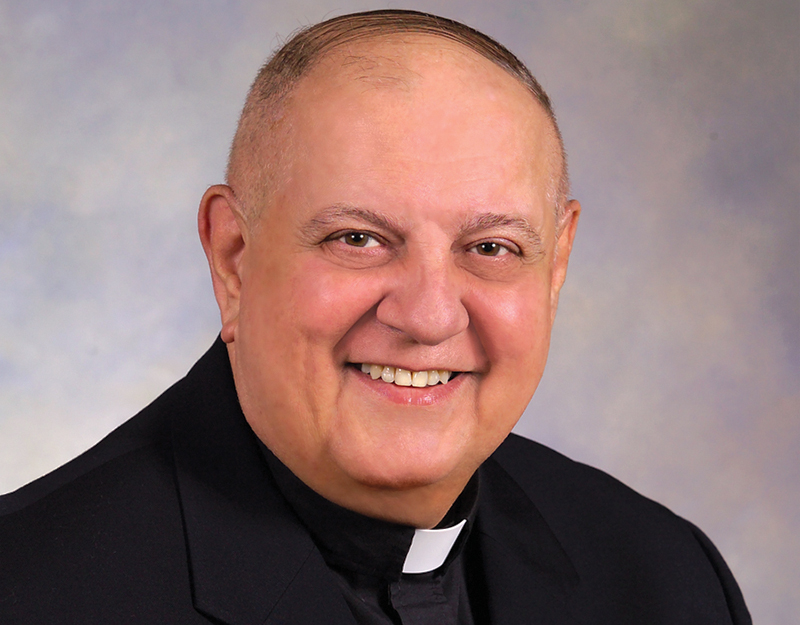
Holy Homework: Ordinary or Extraordinary Time
By: Father Bob Pagliari, C.SS.R., PH.D.
Let’s write down five ordinary things that we do every day and place an asterisk next to any one of them that we could strive to do extraordinarily well

The Catholic Liturgical New Year starts on the first Sunday of Advent, which is about a four-week preparation for the first coming of Christ. Advent ushers in the Christmas season, which includes the birth of Jesus in Bethlehem followed by the celebration of the Epiphany of the three kings from the East. A few weeks after these wise men have come and gone, the Church celebrates Ash Wednesday, which launches the penitential period of Lent and Passion Week. What follows is the highest holy day in the Catholic calendar, namely Easter Sunday — Christ’s conquering death by rising from the tomb. His glorious ascension into heaven and the descent of the Holy Spirit at Pentecost mark the final formal seasons in the Church’s yearly calendar.
However, the longest liturgical season consists of the weeks between Epiphany and Lent plus the weeks between Pentecost and the next Advent. The Church refers to these 34 weeks of the year as “Ordinary Time.” This word “ordinary” comes from the ordinal numerals by which the weeks are counted. They begin with the first week of Ordinary Time, which usually comes in January, up to the 34th week in Ordinary Time, which occurs toward the end of November.
Are there any other uses of the term “ordinary” that can benefit our spiritual life?
The venerable Sister Mary Catherine McAuley (1778-1841), who founded the teaching Sisters of Mercy, said, “We must strive to do ordinary things extraordinarily well.”
“Life is too short to be ordinary” was the final entry in the diary of Zhang Ying, eight days before she was murdered. A bright 26-year-old graduate student at the University of Illinois, Urbana-Champaign, she was studying advanced agrarian techniques, which she intended to bring back to her native China. While working diligently in the laboratory, she hoped to finish her investigation in one year and return to her fiancé so they could be married in Beijing.
Before she could complete her charitable goal, which would have improved the work of the thousands of farmers in her hometown province of Fujian, she was beaten to death and decapitated in 2017 by another graduate student who was posing as a police officer. She was unable to finish this “extraordinary” contribution to agricultural science because her “life was too short to be ordinary.”
Holy Homework: Let’s write down five ordinary things that we do every day and place an asterisk next to any one of them that we could strive to do extraordinarily well.
Comments may be sent to FatherBobPagliari@Yahoo.com

